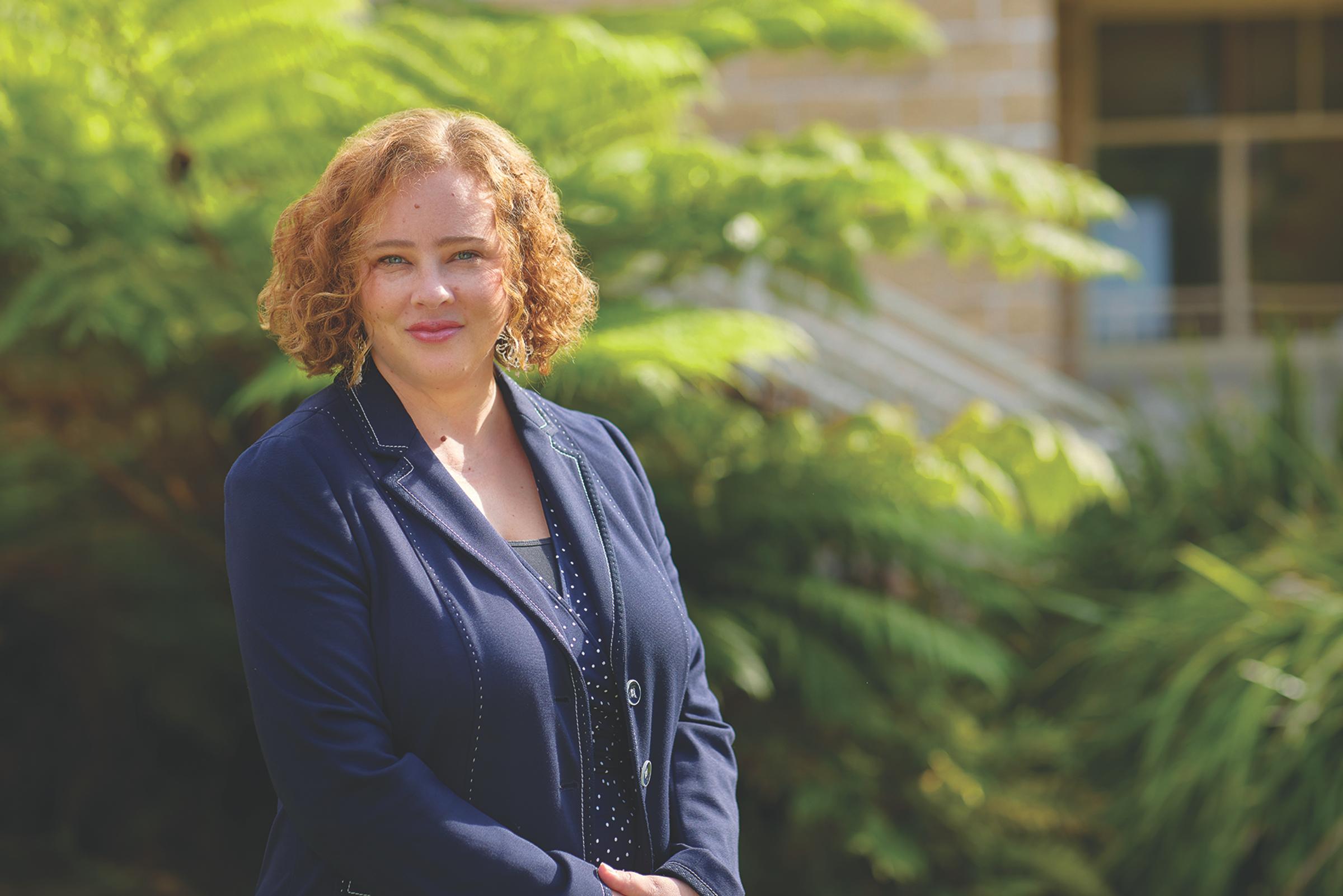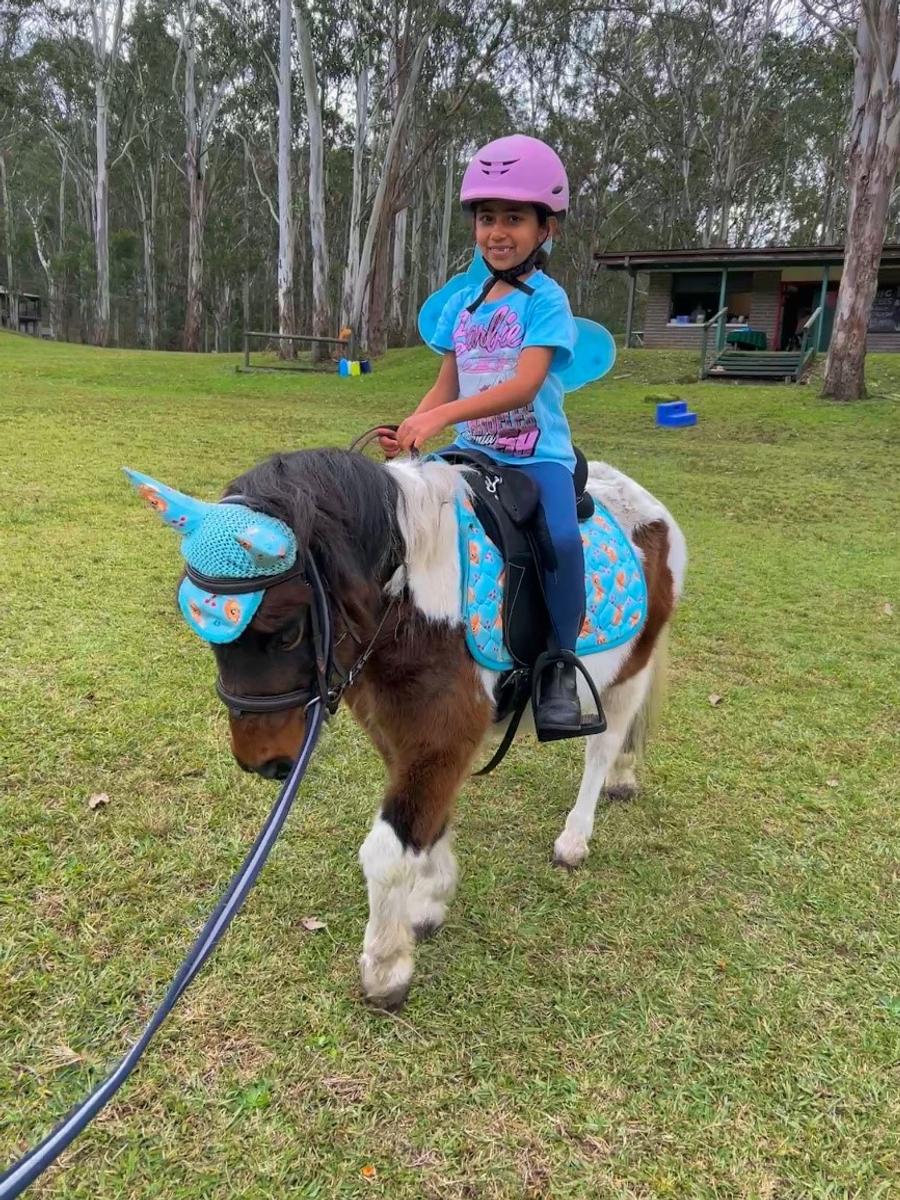From the Head of Junior School

Courage isn’t just about heroic deeds or grand gestures—it’s often found in the quiet moments of everyday life. For children, courage means stepping out of their comfort zones, doing the right thing even when it’s hard, and facing fears with determination. I have been loving hearing from students in assembly, who are thinking about this value, and the school behaviour of “stepping Forward” from their perspective. Some of the things they’ve taught us:
1. Speaking Up
Whether it's raising a hand in class, admitting a mistake, or standing up for a friend, using their voice takes bravery. Encouraging children to express their thoughts and feelings helps build confidence and resilience. We’ve talked a lot recently with our Primary Years students about the role of the bystander. The bystander is a powerful figure – what they choose to do or NOT do can have consequences for others.
2. Trying New Things
From tasting a new food to joining a new club or learning a new skill, trying something unfamiliar can be intimidating. When kids take these leaps, they develop a growth mindset and discover hidden talents. This is why we are committed to offering lots of co-curricular opportunities at school – this is a great way for kids to display courage.
3. Being Honest
Telling the truth, especially when it’s difficult, is a powerful act of courage. Children learn integrity when they admit to breaking a rule or owning up to a mistake—actions that build trust and self-respect. We are always proud of children who take responsibility for their actions and own their own behaviour.
4. Asking for Help
It can be tough to admit when we don’t understand something or need support. When kids ask for help, they're showing strength, not weakness. This kind of vulnerability leads to learning and stronger connections. Mrs Spohr has been talking to me about some of the challenges children have had this week in the “learning pit” in Maths. It’s not comfortable to be in a place where you don’t know the answers. Asking for help and then digging in for learning takes courage.
5. Being Kind—Even When It’s Not Easy
Choosing kindness in the face of peer pressure or when someone else is unkind shows moral courage. Helping a new student feel welcome or sticking up for someone being teased are powerful ways kids can make a difference. There are lots of tiny little moments in the school day where children can choose kindness. It’s these little choices that build courage and it’s something our staff champion.
Encouraging Courage at Home and School
Adults can help nurture courage by celebrating these small moments and modeling bravery in their own lives. Share stories of times you were nervous but acted anyway, and praise children not just for success, but for effort and risk-taking.
I’d like to congratulate Elyse Sidarous who organised a fundraising and advocacy day “Do it for Dolly” at her pony club. This cause is about bullying and speaking up for others. Well done Elyse for bringing this cause to your community group. I love hearing all about the things Grammar kids are doing in their communities.
Rachael J Newton
Assistant Principal – Head of Junior School
